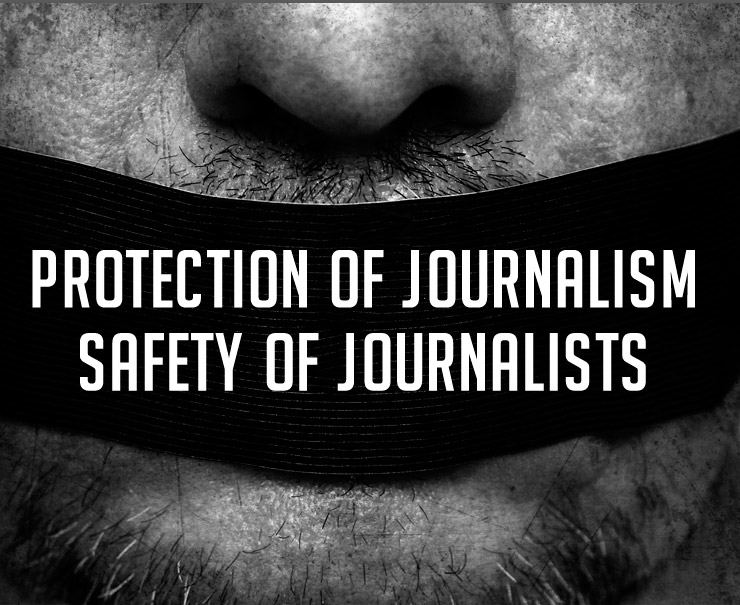A Hivos Southern Africa Hub partner under the Embassy of the Kingdom of the Netherlands funded project, Human Rights Fund, Media Institute of Southern Africa-Zimbabwe, has urged journalists to be always conscious of the profession’s safety and security measures to minimise risk to life and limb as they conduct their lawful professional duties.
Speaking at a recent journalism safety and security workshop in Harare, MISA-Zimbabwe Programmes Coordinator, Nyasha Nyakunu, said the profession had its risks and dangers as shown by the escalation in the number of cases involving the unlawful arrests and assaults of journalists by the police in 2016.
The Human Rights Fund (HRF) programme seeks to improve the protection and promotion of human rights in Zimbabwe in a sustainable way through support to civil society organisations. Hivos Southern Africa Hub is involved in coordinating partner organisations to achieve a programmatic approach to the fund and build partners’ capacity so they can fully realise the intended results.
Workshop facilitator, Rashweat Mukundu, said journalists should always be professionally alert and mindful of their personal safety and security as they go about their professional duties.
“Do not take things at face value. You should always be on the lookout. Do not focus on getting only the ‘best shots’ at the risk of your personal security. Stop, observe and listen,” said Mukundu.
The workshop which was attended by 58 journalists from across the country afforded them opportunity to share experiences on journalism safety and security.
Freelance journalist Terry Mutsvanga narrated how he was harassed by political activists at Gokwe centre in 200.
Recent experiences included those of female freelance journalist Lucy Yasin, assaulted by the police while covering the MDC- T youth demonstrations in Harare in August 2016 and that of James Jemwa who was arrested while covering demonstrations.
Review of the cases focused on the safety measures that the journalists could have employed to avert the assaults and arrests.
Jemwa spent 10 days at Chikurubi Maximum Prison while on remand after his arrest before being released following the intervention of MISA-Zimbabwe and the Zimbabwe Lawyers for Human Rights.
Participants expressed concern on the alleged infiltration of newsrooms which compromises their security and often leads to the leaking of sensitive and confidential information, exposure of sources or spiking of ‘highly sensitive stories’.
Journalists were urged to secure their communications particularly for those working in networked newsrooms with centralised email servers.
“Secure your devices and email accounts with passwords that are changed frequently. Use encryption for sensitive emails, backup sensitive data and do not unnecessarily carry sensitive information on your person,” said Mukundu.
MISA–Zimbabwe encouraged journalists to notify the organisation as quickly as possible in the event of arrests or threats to their security through its Toll Free Media Defence number: +263 784 437 338 and to familiarise themselves with digital security tips as contained in its Digital Security Manual.




